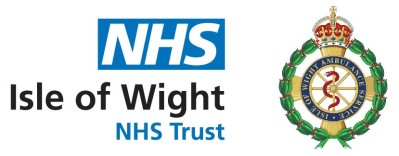NHS Provider Licence
The Health and Social Care Act 2012 (the Act) made changes to the way NHS service providers are regulated, and gave NHS Improvement new duties and powers. These changes include the introduction of a licence for providers of NHS services.
The standard licence conditions are grouped into seven sections. The first section, containing the General Conditions, sets out standard requirements and rules for all licence holders.
Sections 2 to 5 of the licence are about our new functions: setting prices, enabling services to be provided in an integrated way, safeguarding choice and competition, and supporting commissioners to maintain service continuity.
Section 6 is about translating the well-established core of NHS Improvement’s current oversight of foundation trust governance into the new provider licence.
The final section, 7, contains definitions and notes.
While the requirement to self-certify has previous applied only to Foundation Trusts, NHS Improvement’s instructions issued in April 2017 mean that NHS Trusts are legally subject to the equivalent provider licence conditions (including Condition G6 and condition FT4) and must self-certify under these licence provisions, these being:
- Condition G6 - The provider has taken all precautions necessary to comply with the licence, NHS Acts and Constitution.
- Condition FT4 - The provider has complied with required governance arrangements. There is no set approach to these standards and objectives but any compliant approach is anticipated to involve effective Board and Committee structures, reporting lines and performance and risk management systems.
Further information can be found at: improvement.nhs.uk/



